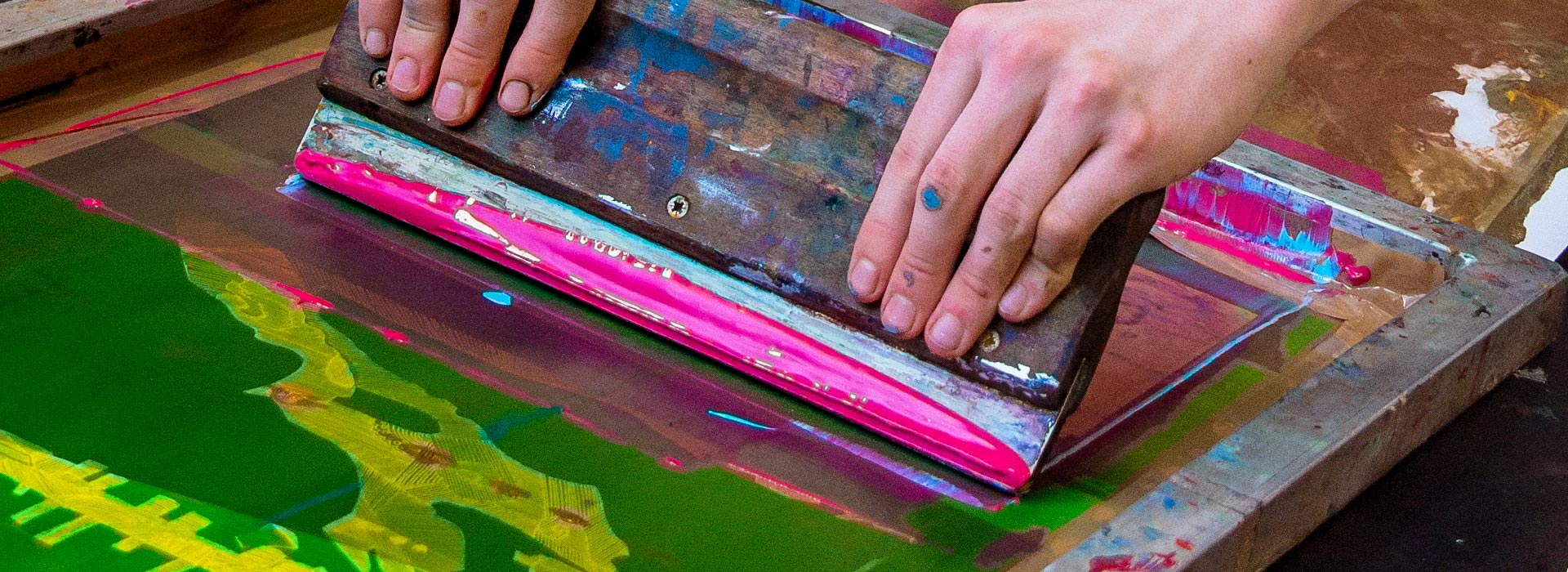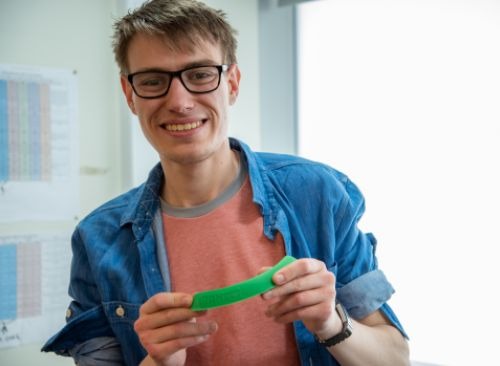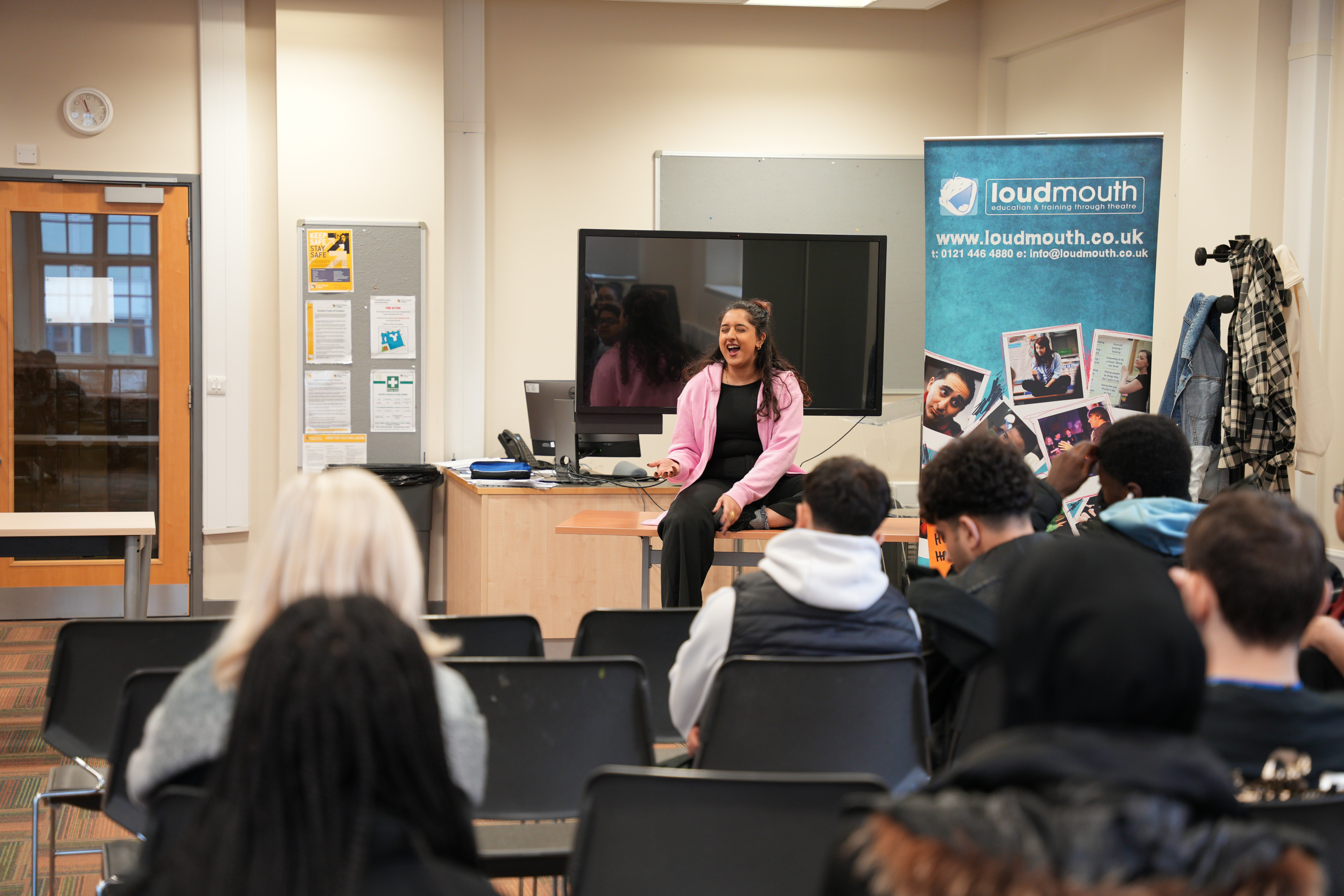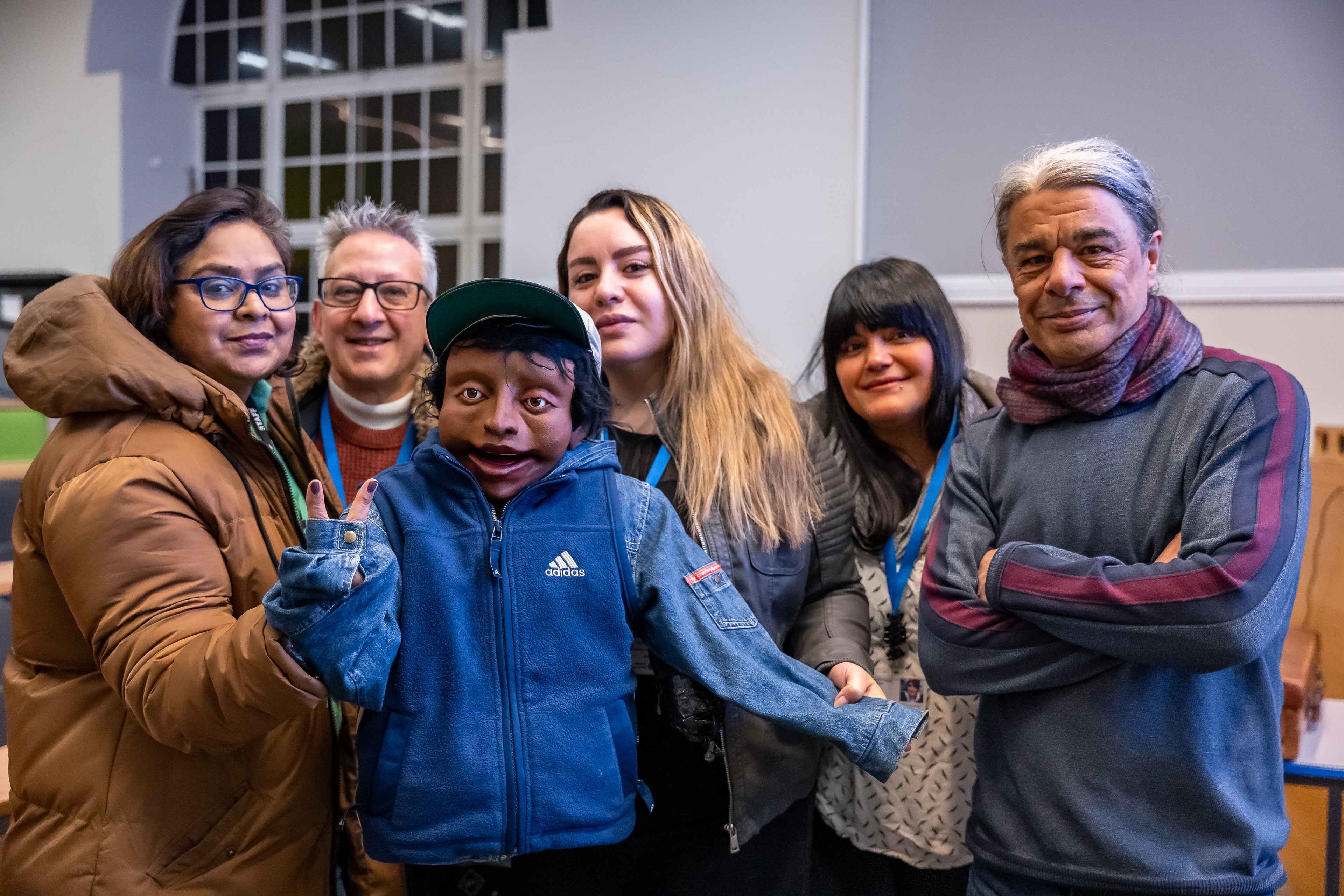Key Facts
- Starting
22 Jun 2024- Location
- Tooting
- Start Time
- 10:15
- End Time
- 16:00
- Duration
- 3 Weeks
- Study Mode
- Part Time Day
- Days
- Saturday
- Start Date
- 22 Jun 2024
- Level
- Entry Level
- Code
- TABX062CP
Fees
- 19+ Fee
- £ 0 - 65

How to Become an Interior Designer: Step 2
The How to become an interior designer course is the part 2 of interior design courses. It focuses on the design process of house renovations and covers subjects like bedroom design, role of interior designers and how to develop the skills that you need for residential projects.
The course explores all aspects of interior design including budgeting a project, how to translate verbal information into a relevant design direction and the importance of communication skills with your clints. You will develop an understanding of practical work in interior design, meeting the client's needs and challenges of the occupation and develop an understanding of how to order correct quantities and scheduling trades.
The course is ideally suited for the learners who completed beginners course (part 1) but it is not essential.
-
Entry Requirements
There are no entry requirements for this course. -
Course Content
The course covers subjects such as creating design concepts, space planning, colour, lighting, decorative textiles and interior finishes. It will give you an understanding of the components involved in designing residential interiors and puts a strong focus on the design process. It is not simply about the theory of interior design. It is also about practical work in interior design, managing a project, meeting a client's needs and developing visual communication skills about the design of schemes. -
Progression Next Steps
Further Interiors courses, and the possibility to start a small business. -
Course Structure
The course will include 3 modules that are designed to be sequential. Each module is 5 hours long with a lunch break. There are assignments at the end of each module which will require you to participate in the design experience. The assignments are designed to help you build your first professional portfolio. -
Assessment Details
Assessment is on-going with teacher feedback, self assessment and individual learning plans.





